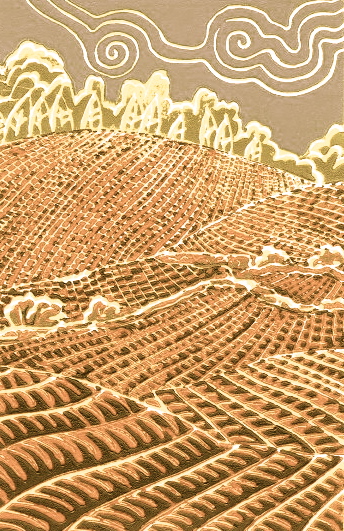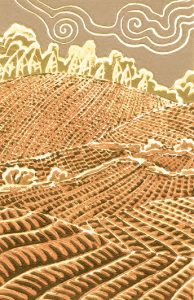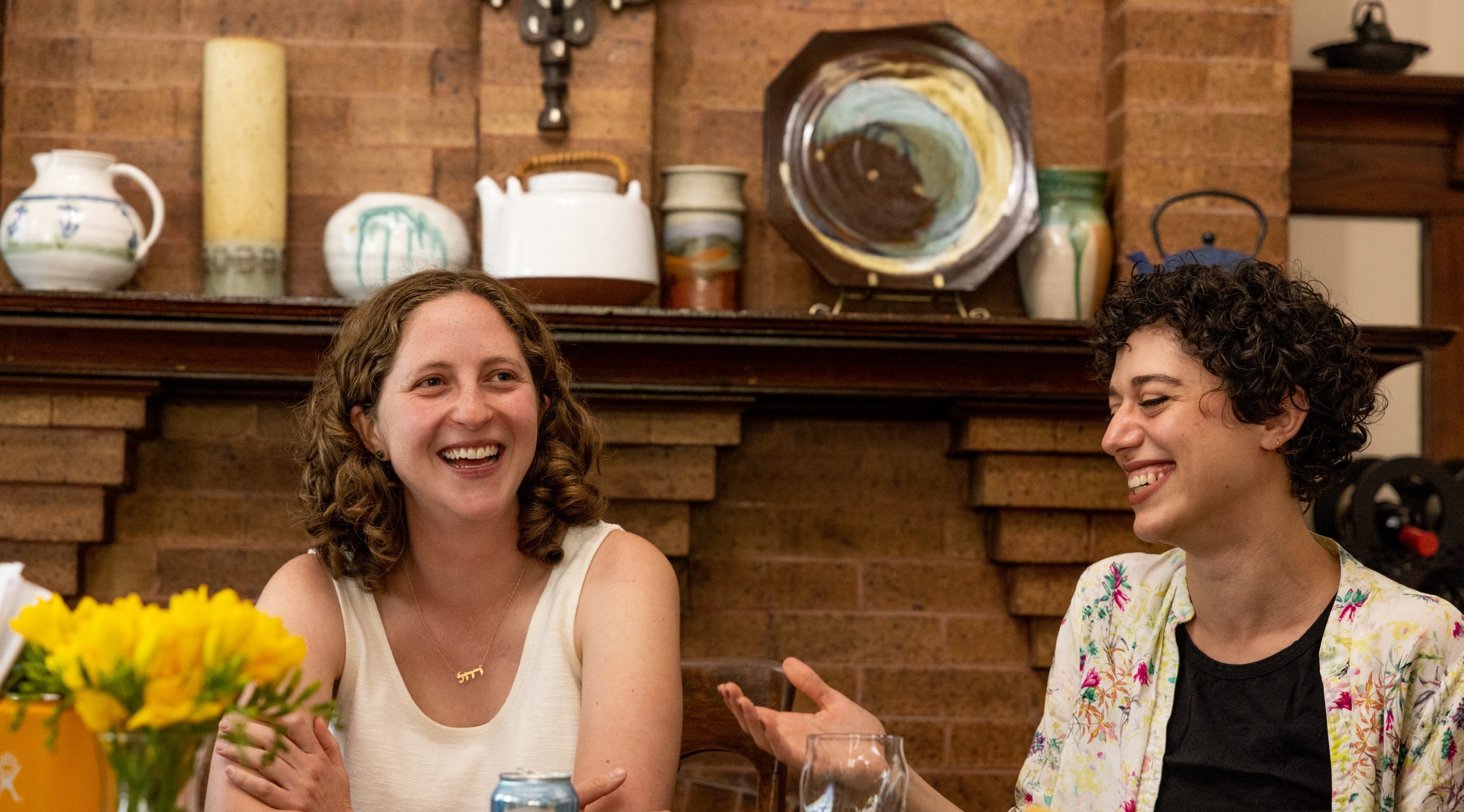
Creating and Destroying Worlds
 Although occasionally I am told that I should have been a lawyer, the truth is that I really don’t like arguing very much. As a child and young woman, arguments and disagreements frightened me. But since, like it or not, arguments are part of how this life is, I have tried to learn how to conduct them wisely, whether they happen over the Thanksgiving table or on the larger political scene.
Although occasionally I am told that I should have been a lawyer, the truth is that I really don’t like arguing very much. As a child and young woman, arguments and disagreements frightened me. But since, like it or not, arguments are part of how this life is, I have tried to learn how to conduct them wisely, whether they happen over the Thanksgiving table or on the larger political scene.
One of my great teachers in this endeavor has been Rabbi Nachman of Breslov. He teaches that a machloket, an argument, has the power both to destroy worlds and to create them. The difference is a question of emunah, of faith.
Nachman says that when an argument arises, it can create a space in which new ideas can proliferate. These new ideas lead to the Torah itself becoming more and more complete. Since according to tradition, Torah is the blueprint of creation, if there is more Torah, there are more worlds with all their details and wonders and possibilities. But if there is a lack of faith, this doesn’t happen and instead, arguments become tools of destruction, tearing people and things down.
The example from the Torah is the pivotal story in which the Israelites were in the desert and worried about not having enough water to drink. They rebelled against Moses, not believing in his ability to take care of them. God instructed Moses to speak to a rock, but instead he struck it twice. Water started flowing, which took care of the people’s thirst, but because Moses did not show faith in God, he was not allowed to enter into the Land of Israel.
So what is this faith that Moses and the people failed to show? Perhaps it is an open, spacious acceptance of not knowing right now. This is the opposite of fear. The people were clearly afraid. They couldn’t see how they were going to be taken care of. And Moses, instead of modeling calmness and helping them trust that things were going to be okay, got hooked by their fear and hostility and reacted with harshness and violence. It can happen to the best of us. But he destroyed, instead of creating. He sullied the quality of emunah. And he paid the price.
Nachman adds that if Moses had turned towards his faith, he could have brought forth new pure waters from the rock, a metaphor for all the elusive, vital teachings that could have emerged from that challenging place. Perhaps those lost teachings are exactly the ones we need today.
We live in times when arguments and conflicts are proliferating on many scales. We are standing in the balance between the potential for new, vital, creative understandings that will help us move forward together and the potential for more violence, harshness and destruction. By cultivating this kind of faith, an open spacious acceptance, this Thanksgiving, perhaps we will bring new pure waters into the world and help tip the balance towards creativity and light. Then we will have even more to be grateful for.
From the place where we are right
flowers will never grow
in the Spring.
The place where we are right
is hard and trampled
like a yard.
But doubts and loves
dig up the world
like a mole, a plough.
And a whisper will be heard in the place
where the ruined
house once stood.
The Place Where We Are Right
Yehuda Amichai




